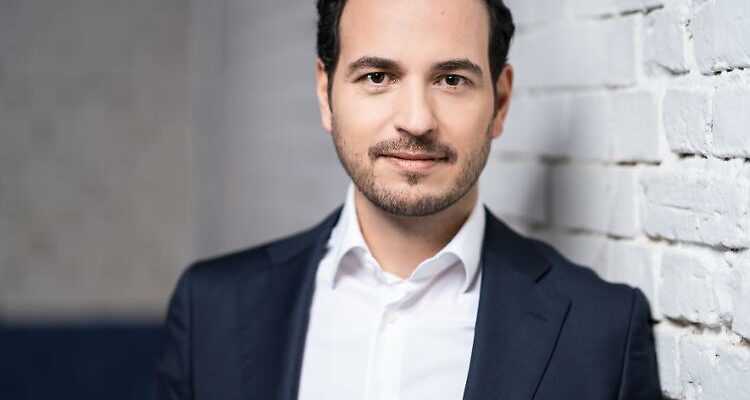During the corona pandemic, seven million people booked their vaccination appointment in Germany via the health startup Doctolib. Although the company has benefited from the pandemic, it is still not in the black.
In France, the healthcare startup Doctolib, which has become known for booking doctor appointments online, is already a popular platform. In Germany, too, it is now spreading more and more because the coveted vaccination appointments can also be searched for and booked on the platform. According to its own statements, the company has arranged seven million vaccination appointments throughout Germany during the pandemic since the first vaccination appointment booked via the platform at the end of December 2020.
Even though the vaccination campaign has put the company in the limelight: Regardless of the Corona crisis, Germany boss Ilias Tsimpoulis has already observed in Germany in recent years that the time is ripe for digitization in the healthcare sector. Even if the Corona crisis has accelerated business, nobody wanted this pandemic. “But yes, the corona pandemic had a catalytic effect for the company,” says Tsimpoulis ntv.de. Of a total of 20,000 doctors currently using Doctolib across Germany, 11,000 have become customers since December 2020.
In February last year, the number of users in Germany was still four million people. According to Tsimpoulis, five million have been added since then. Current figures also show that Doctolib is not only a service for young people, but also reaches older patients: According to the company, 30 percent of users are older than 55 years. Almost half of them are even older than 65 years. According to Tsimpoulis, the evaluation also suggests: “People’s digital behavior is underestimated. Older people can also use a well-organized app.”
No black numbers? Investors don’t mind
Last year, the company won a tender from the Berlin Senate to coordinate vaccination appointments. Doctolib did not earn any money with this, because the company says it wanted to make a contribution during the crisis and show that digitization can help. Berlin only paid for the SMS reminder. In the summer of 2020, the company had already coordinated the appointments for several corona test centers and set up the digital infrastructure without charging for its services. Nevertheless, the platform should have benefited from this deal: After all, the service has become known to an even larger audience.
Even if Doctolib offered its service for free: “We didn’t drive ourselves into ruin with it,” says Tsimpoulis. After all, the core business continued. The company finances itself via a subscription model: Doctors pay 129 euros a month and can outsource their appointment management completely to the platform.
Doctolib is not yet in the black, but that is not the primary goal at the moment. Above all, the company wants to grow. “We are constantly developing new features and are investing an incredible amount of money in the areas of security, technology and data protection,” says Tsimpoulis. Investors don’t seem to mind, on the contrary. Nevertheless, within a few years they raised so much capital that Doctolib is now one of the French “unicorns” – startups worth more than a billion dollars.
According to Doctolib, the waiting time for an appointment with a specialist has been significantly reduced – mainly because appointments canceled at short notice can be reassigned quickly. Patients can use the website or the app to search for doctors in their area and for appointments that suit them, free of charge. Even with almost ten million German users, there is still a lot to do, because obviously many appointments are still made in the same way, says Tsimpoulis. “Making vaccination appointments is something we love to do, but it’s just part of our core business.”
Video consultations in Germany are only hesitant to come
Even after the corona pandemic, Tsimpouli still has many opportunities for his company to grow. In the coming year, the company wants to expand paperless communication between doctors and between doctors and patients. A secure messenger service should also be used. In Germany, Doctolib was criticized last year because the company had used advertising cookies from Facebook. Doctolib assured that no data entered on Doctolib was passed on and finally declared that it would completely dispense with advertising cookies.
Unlike in France, video consultations in Germany are only hesitant to come. The introduction of e-prescriptions planned for January has only just been postponed because the technical requirements are not met. Nevertheless, Tsimpoulis does not doubt that digital solutions can also be successful on the German market. He sees the skepticism of the population more as an incentive. Because: “Germany is on the right track, but we are far from digitized.”
